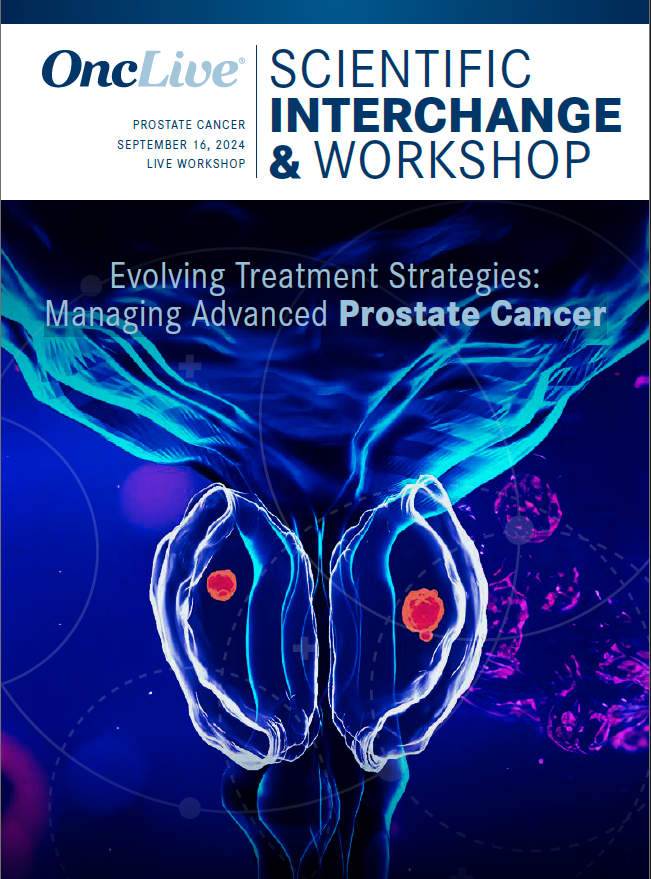Video
Dr. Nguyen on Standard and Investigational Treatment Options in High-Risk Prostate Cancer
Author(s):
Paul L. Nguyen, MD, discusses standard and investigational treatment options in high-risk prostate cancer.
Paul L. Nguyen, MD, senior physician and director of Genitourinary Clinical Center for Radiation Oncology at Dana-Farber Cancer Institute, as well as a professor of radiation oncology at Harvard Medical School, discusses standard and investigational treatment options in high-risk prostate cancer.
Typically, patients with high-risk prostate cancer are treated with standard androgen deprivation therapy with a gonadotropin-releasing hormone agonist plus an antiandrogen, Nguyen says. However, novel agents are in development to try to improve upon standard treatment.
For example, enzalutamide (Xtandi) is currently being tested in the randomized phase 3 ENZARAD trial in men with high-risk, localized prostate cancer, says Nguyen. Additionally, the phase 3 ATLAS trial is evaluating apalutamide (Erleada) in patients with high-risk disease who are receiving primary radiation therapy.
Abiraterone acetate (Zytiga) was tested in the STAMPEDE trial, Nguyen adds. Although data from study were published, the field awaits additional follow-up to determine whether patients with node-negative nonmetastatic prostate cancer derived benefit from abiraterone.
Additionally, other studies such as the phase 3 DASL-HiCaP trial, which is evaluating darolutamide (Nubeqa) in very high-risk prostate cancer, and the phase 3 Predict-RT trial, which is evaluating abiraterone plus apalutamide in patients with high genomic risk disease, are ongoing, concludes Nguyen.









